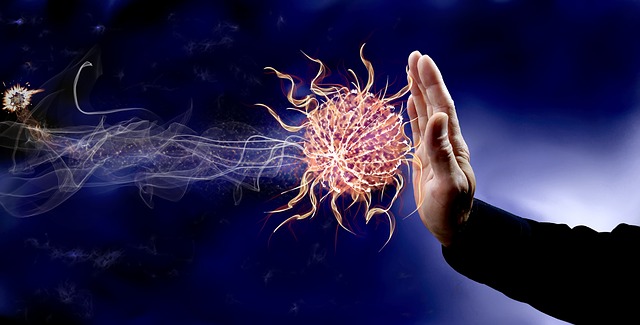We have now learned that people can get COVID-19 more than once. And, we have a lot of questions about what the future holds in store for us, including how well a vaccine will work. Helen Branswell reports for Stat News on four ways we could develop immunity to the novel coronavirus.
We probably have some time before we can escape social isolation, but many experts believe that it won’t go on in perpetuity. In the next few years, we likely won’t be wearing masks. Experts are thinking, based on what they know about the virus and our immune systems, that immunity could have different characteristics for different people, depending upon the circumstances.
People are most likely to have functional immunity to the novel coronavirus. With functional immunity, you could get the virus or a vaccine and then still get the virus again. But, if you got the virus again, it would be milder and shorter-lived. You might not have symptoms, and you would be much less likely to spread it.
The man in Hong Kong who got the virus a second time but had no symptoms the second time would be typical of people who end up getting the virus more than once. The question is how long the functional immunity would last.
If people have waning immunity to the novel coronavirus, over time, you would lose protection against it. Still, if you did get it again, you would be less sick. Scientists see this pattern with certain cold viruses.
With waning immunity, you would have full protection for at least six months and possibly as long as 12 or more months. And, if you were reinfected, you might not know it.
With lost immunity, you could be infected a second time and have as bad or worse symptoms. In effect, you would lose all your immune protections. That would be hell. Fortunately, no expert with whom Branswell spoke thought that people would have lost immunity.
In the best of all worlds, you would have sterilizing immunity. You would be protected from future infection once you had the virus or its antibodies. You have this type of immunity from measles. You don’t get it twice.
Sterilizing immunity is not a likely scenario, however, because people contract the novel coronavirus through the nose and throat. And viruses of this type usually are not one and done. For this reason, a vaccine is not likely to protect us in perpetuity either.
But, it is possible that some people will have sterilizing immunity, some people will have functional immunity, and some people will have waning immunity. It’s also possible that, when it comes to immunity, a lot depends on the degree to which people are exposed to the virus. No one yet knows for sure.
Here’s more from Just Care:

Leave a Reply